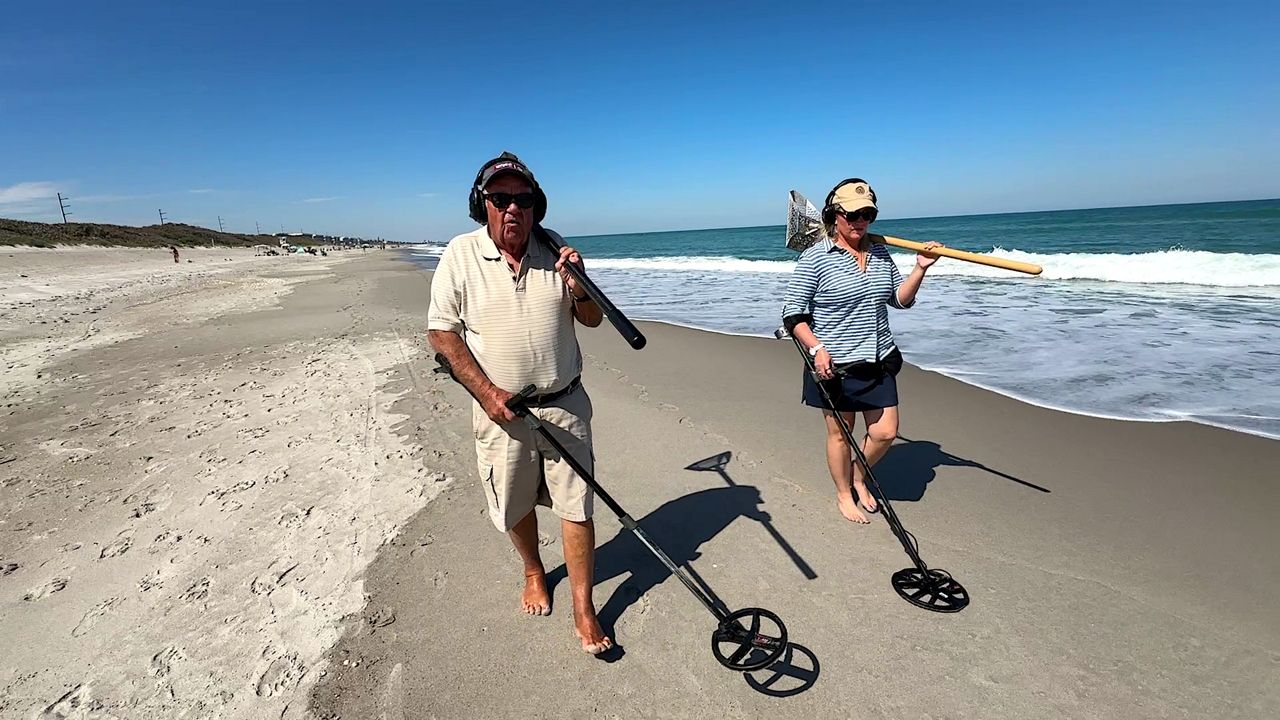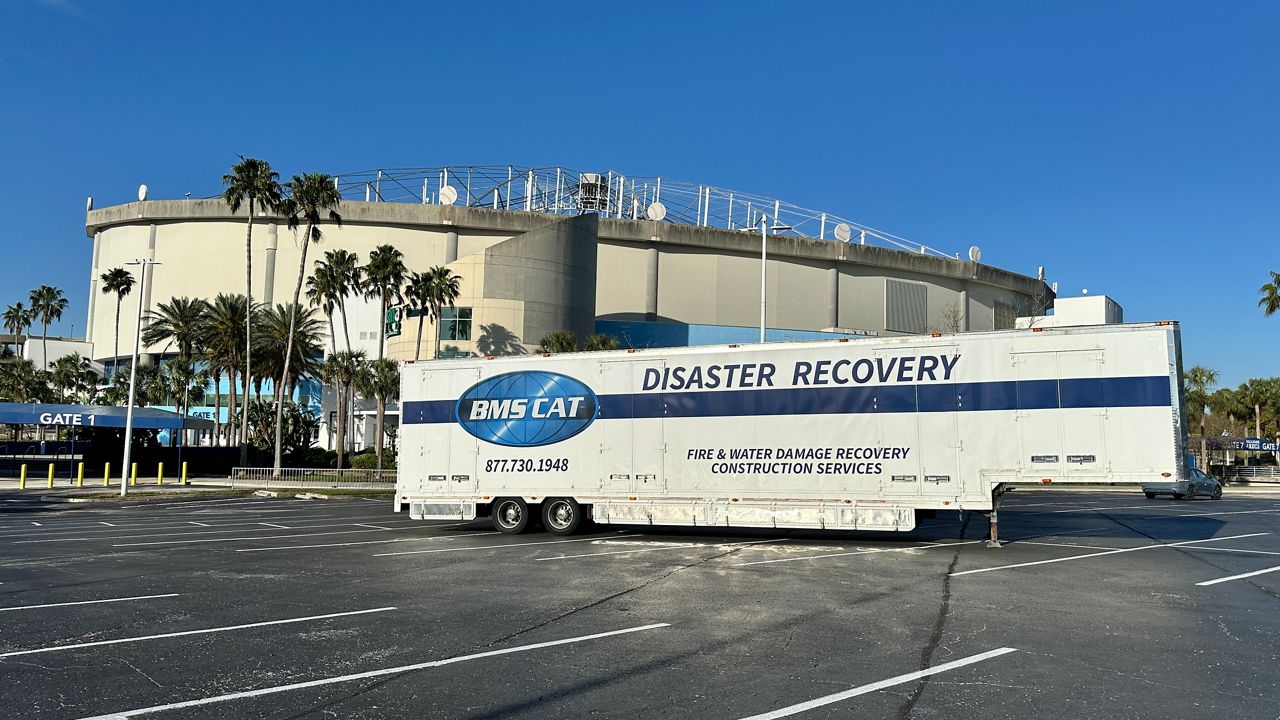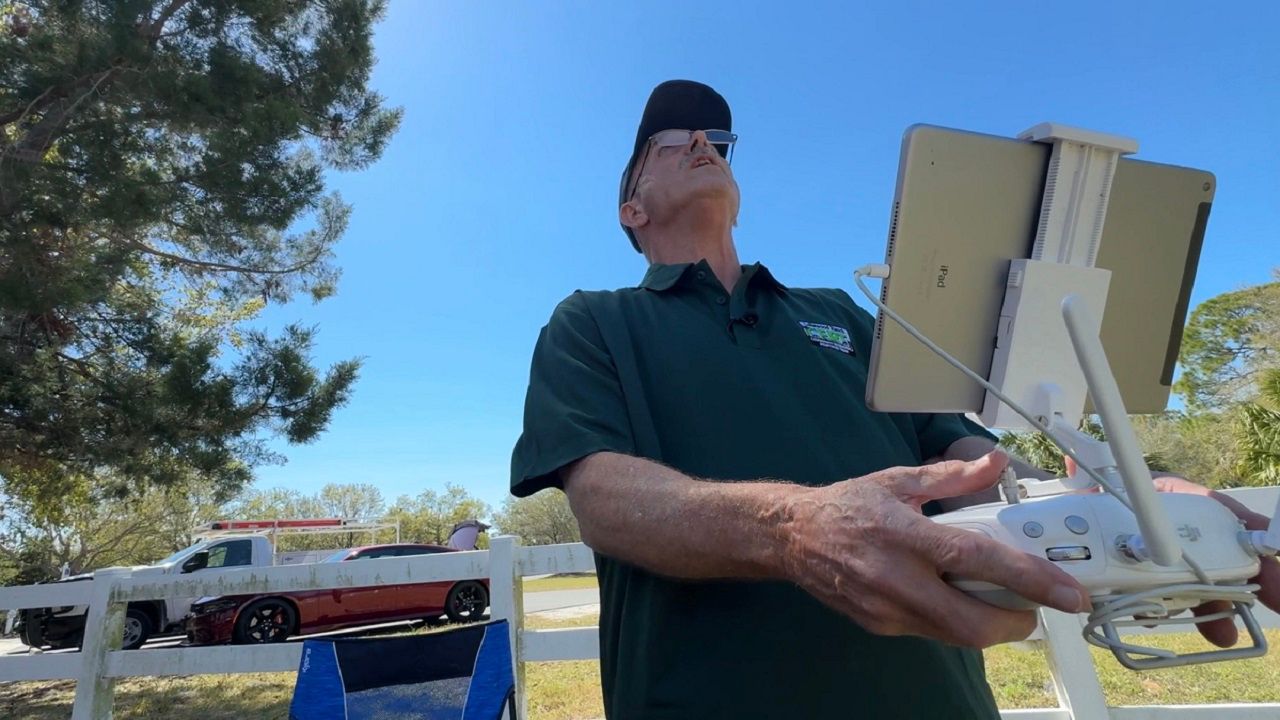TAMPA, Fla. — Neurosurgeons at Tampa General Hospital and USF Health are working to learn more about normal pressure hydrocephalus, a brain disorder often misdiagnosed for Parkinson’s disease or dementia.
“A person that has normal professional hydrocephalus we’re saying that they have an excess of fluid potentially in the brain but the pressure within the brain is still within a normal limit,” explains Dr. Kunal Vakharia, a neurosurgeon associated with Tampa General Hospital and USF Health.
What You Need To Know
- Normal pressure hydrocephalus is abnormal buildup of cerebrospinal fluid
- Condition most common in older people
- NPH is often misdiagnosed for Parkinson’s disease, dementia
- Symptoms can include: progressive mental impairment, problems walking, impaired bladder control
Susan Darling said she started experiencing complications more than a decade ago.
“I didn’t go out very much because my walking abilities were not well,” said Darling of her symptoms that continued getting worse.
“Before this was diagnosed, I thought we were headed for Alzheimer’s or dementia,” said Susan’s husband, Tom.
“The challenge with normal pressure hydrocephalus is it’s not as readily apparent to everyone who sees these patients, particularly from a screening perspective,” said Vakharia, who stresses the disorder often goes misdiagnosed. “Part of our education in general has gone towards teaching primary care docs and neurologists and those who are seeing dementia patients, that that initial scan whenever you see these dilated ventricles prompts discussions of: Do we have urinary incontinence? Do we have gait difficulty? How long has it been progressive? Is it something that continues to move forward?”
Susan was a good candidate for brain surgery and had a shunt implanted in June 2023 to help drain the excess fluid. Tampa General Hospital and USF Health started a multidisciplinary cerebral spinal fluid disorders clinic to research ways to improve diagnostics and treatment.
“She wheelchaired into the hospital, she walked out,” said Tom. “Just so thankful that I have my wife back.”
The couple is thankful Susan’s prognosis is good.
“It’s just great to be independent and being able to do what I enjoy doing again,” said Susan.
“My goodness, it’s like a miracle,” said Susan. “I just cannot believe, I’m out here in this heat and it gives me goosebumps.”











